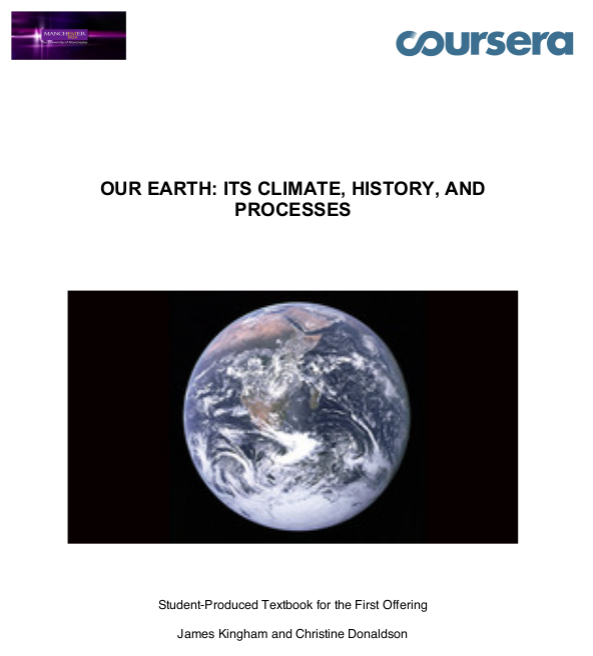

Most ebook files are in PDF format, so you can easily read them using various software such as Foxit Reader or directly on the Google Chrome browser.
Some ebook files are released by publishers in other formats such as .awz, .mobi, .epub, .fb2, etc. You may need to install specific software to read these formats on mobile/PC, such as Calibre.
Please read the tutorial at this link: https://ebookbell.com/faq
We offer FREE conversion to the popular formats you request; however, this may take some time. Therefore, right after payment, please email us, and we will try to provide the service as quickly as possible.
For some exceptional file formats or broken links (if any), please refrain from opening any disputes. Instead, email us first, and we will try to assist within a maximum of 6 hours.
EbookBell Team

0.0
0 reviewsHello, and welcome to Our Earth: Its Climate, History, and Processes. My name is David Schultz and I'm a professor in the School of Earth, Atmospheric, and Environmental Sciences here at the University of Manchester.
In this introductory lecture to the Our Earth MOOC, I want to tell you a little bit more about the philosophy of this course, and its structure.
This course is not your traditional geology, climate science or Earth science course – it will not be a systematic presentation of Earth processes in history. Instead, I'm going to take you on a whirlwind tour of what I find to be the most interesting topics about the Earth. Some of these topics will be covered quite cursorily, others will be covered more in-depth.
The primary purpose of this course is to show how the five individual components of the climate system come together to interact in unusual and interesting ways, ways that you probably haven't considered before. I hope that you see these interactions also as bringing together different branches of the science, whether it's chemistry, the physics, oceanography, geology, meteorology, climatology, or biology.